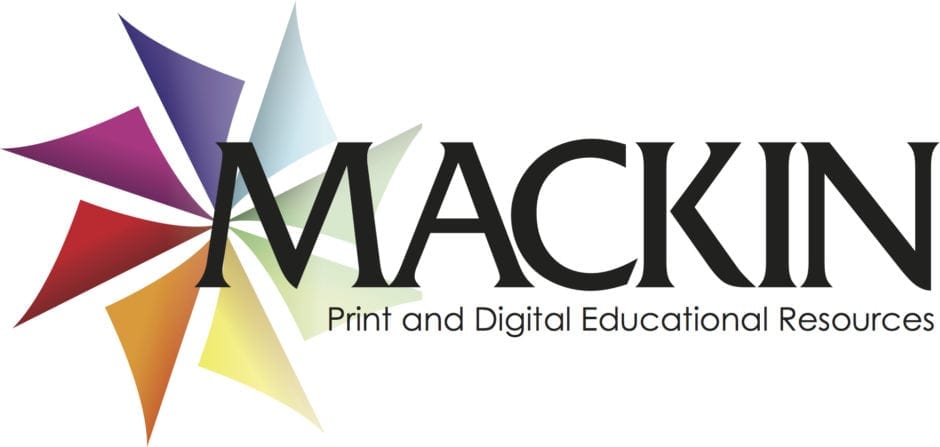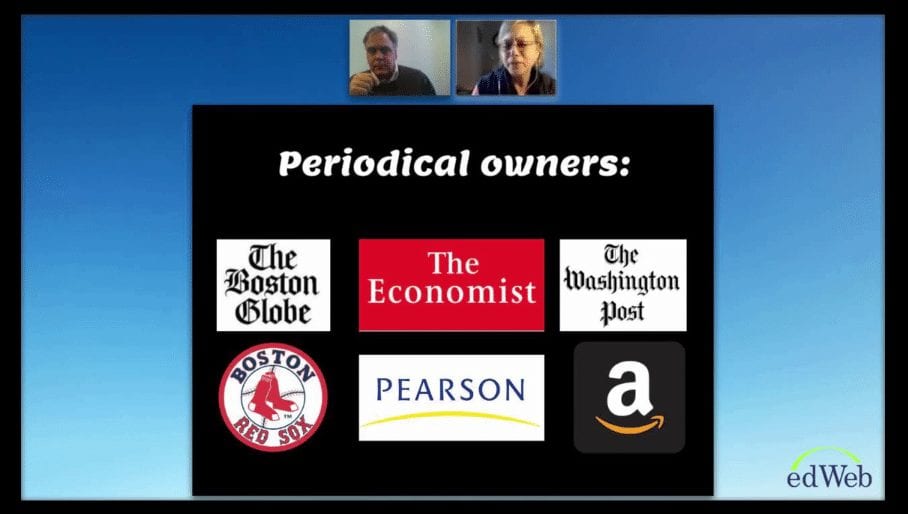Helping Students Understand Media Literacy

“Is there such a thing as objective journalism?” asked Michelle, beginning the interview. Greg answered by explaining that good journalism should always include four qualities. Journalism should be complete, including all sides and spectrums of a story. It should be honest, letting people know of any biases. It should be accurate and fact-checked down to every last detail. Last, journalism should be fair, regardless of any biases involved. “If you can be complete, honest, accurate, and fair, objectivity shouldn’t even matter,” he said.
It is also important to understand where good journalism comes from. “Do you think that educators ought to explain the difference between ‘free news’ and subscription news to our students?” Michelle asked, addressing the confusion students might face between the two. Greg responded, “Absolutely, I think it is a good idea for teachers to say, ‘this thing is free, but how do you imagine it’s being paid for?’” He went on further to explain what “free” really means—everyone involved must be paid for the job they do. Having such conversations with students can be helpful to understand the kinds of prices that are paid for access to information.
In today’s world where so many people get their news through the internet, the news one sees on a daily basis can easily be filtered through clicks on a social feed. “What role do you think our mechanisms for news retrieval have played in the political polarizations of this country?” Michelle asked. “Social media can have a really corrosive effect,” said Greg. It has the ability to narrow perspective to only the things people want to see, which does not provide an accurate perspective of what is going on in the world. Greg suggested, “If you watch MSNBC all the time, spend an hour a week watching Fox, and vice versa, to see the world through that different lens.”
This broadcast was hosted by edWeb.net and sponsored by Mackin Educational Resources.
This article was modified and published by eSchool News.
About the Presenters
Michelle Luhtala is the Library Department Chair at New Canaan High School in Connecticut and was one of five school librarians named as a “Mover and Shaker” by Library Journal in 2015. She is the winner of the 2011 “I Love My Librarian” Award and the Library Association’s 2010 Outstanding Librarian Award. The New Canaan High School Library won AASL’s National School Library Program of the year in 2010. Follow her on Twitter @mluhtala.
Greg Toppo is the national education and demographics reporter for USA Today. He came to USA Today in 2002 and in 2005 broke the Armstrong Williams “pay for punditry” story that launched a widespread look at government propaganda. Toppo co-led the USA Today team that in 2011 looked at educator-led cheating on standardized tests. The paper’s series prompted the Washington, D.C., inspector general to investigate high erasure rates in D.C. schools. Toppo was a 2010 Spencer fellow at Columbia University’s Graduate School of Journalism and is the author of the book The Game Believes In You: How Digital Play Can Make Our Kids Smarter (April 2015). His first job was with the Santa Fe New Mexican, a 50,000-circulation daily. He worked for four years as a wire service reporter with the Associated Press, first in Baltimore and then in Washington, D.C., where he became the AP’s national K-12 education writer. A graduate of St. John’s College in Santa Fe, NM, he taught in both public and private schools for eight years before moving into journalism. Follow him on Twitter @gtoppo.
Join the Community
Emerging Tech is a free professional learning community (PLC) where school librarians can explore all the ways to integrate technology and 21st century learning into school library programs. Members can post questions, start discussions, and get feedback from experts and peers on the issues and challenges of building and advocating for a school library program that is a critical support for teaching and learning in your school and district.
About the Sponsor






Comments are closed.